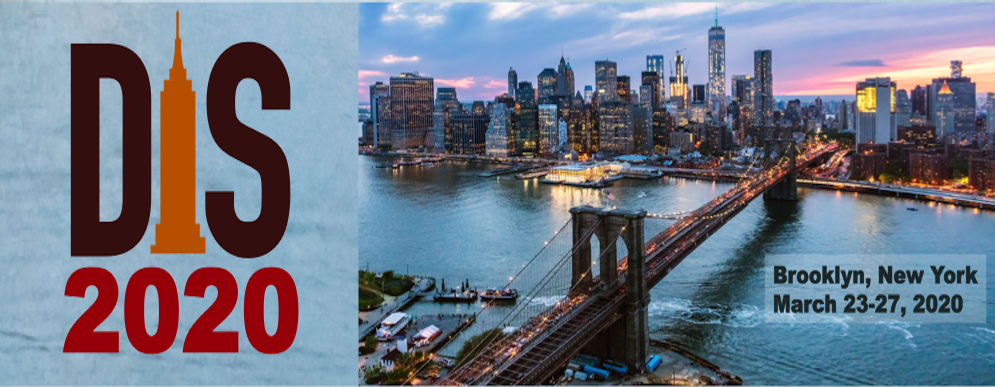Speaker
Description
We present the use of machine learning to reconstruct deep inelastic scattering (DIS) kinematics. In particular, we trained deep neural networks to reconstruct $x$ and $Q^2$ based on information from the lepton and the hadronic system in $e^{\pm}p$ scattering at the ZEUS experiment at HERA. These models were trained by a careful selection of Monte Carlo events. The results from the neural networks were compared to those of classical reconstruction methods, including the electron method, the Jacquet-Blondel Method, and the double-angle method. The classical methods considered can provide a good reconstruction of DIS kinematics; however, by only considering partial information from an event, each method has its limitations, including a sensitivity to initial and final state QED radiation, a requirement of precise energy measurements, and/or a poor resolution on different kinematic regions. The neural networks trained in our study reconstruct event kinematics based on the information used in the classical methods, but, in addition, are enhanced through correlations and patterns revealed in the simulated data sets from event generators. We show that, with the appropriate selection of a training set, data enhances the neural networks sufficiently to outperform all classical reconstruction methods on most of the kinematic range considered. The availability of large amounts of Monte Carlo events, and the ability of neural networks to effectively extract information from large data sets, both suggest that a neural network reconstruction of DIS kinematics can serve as a rigorous method to combine and outperform the classical reconstruction methods.

